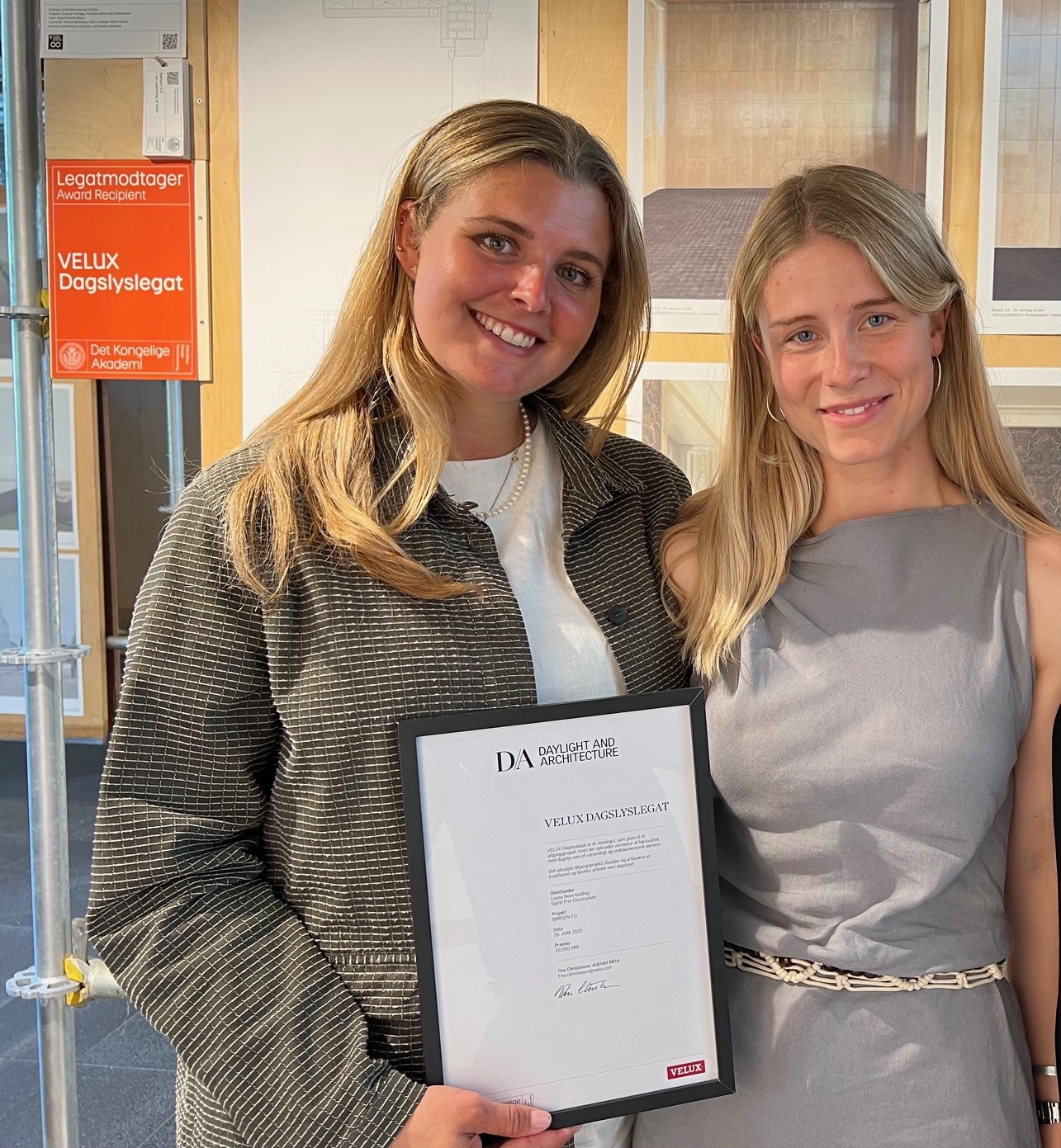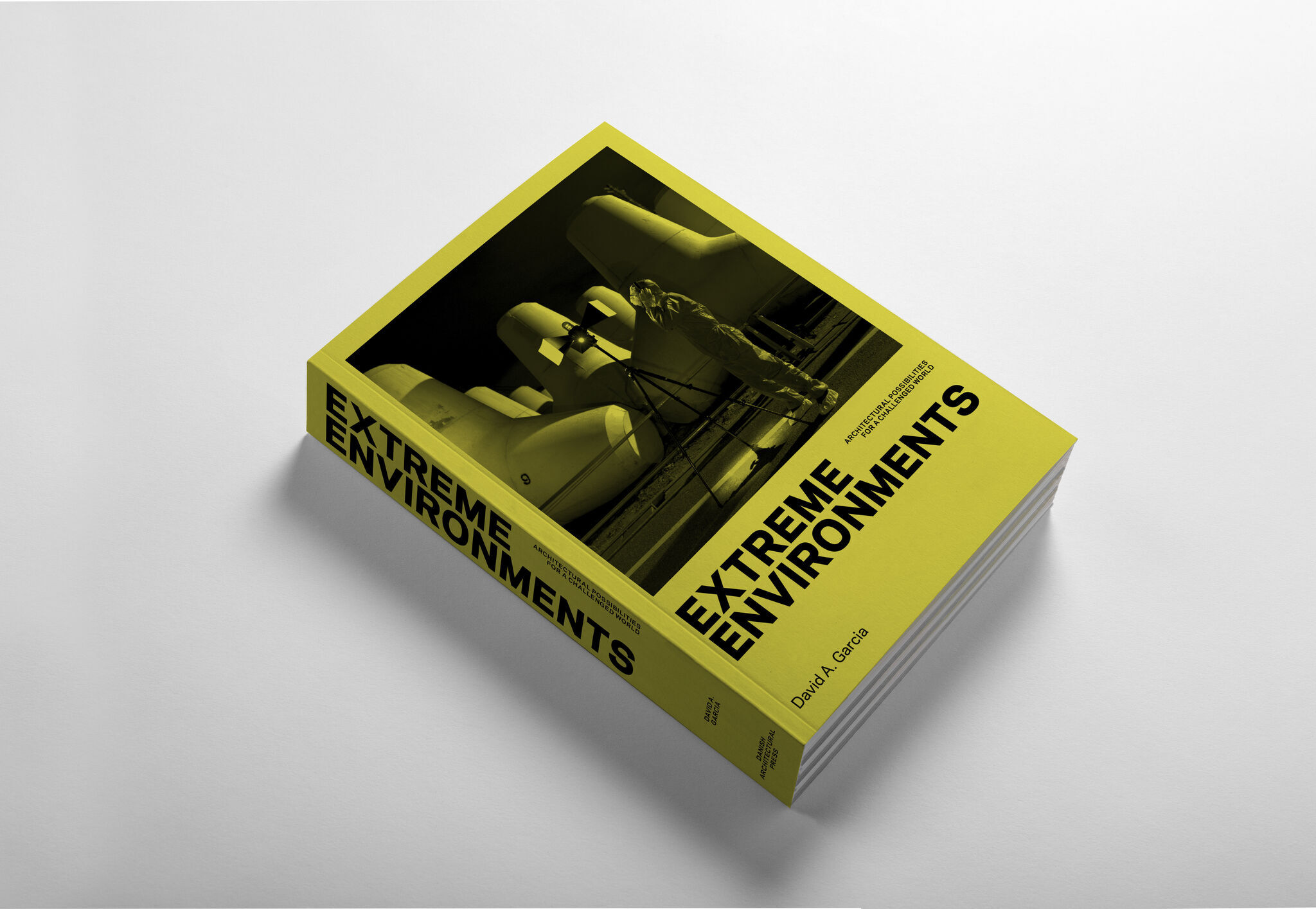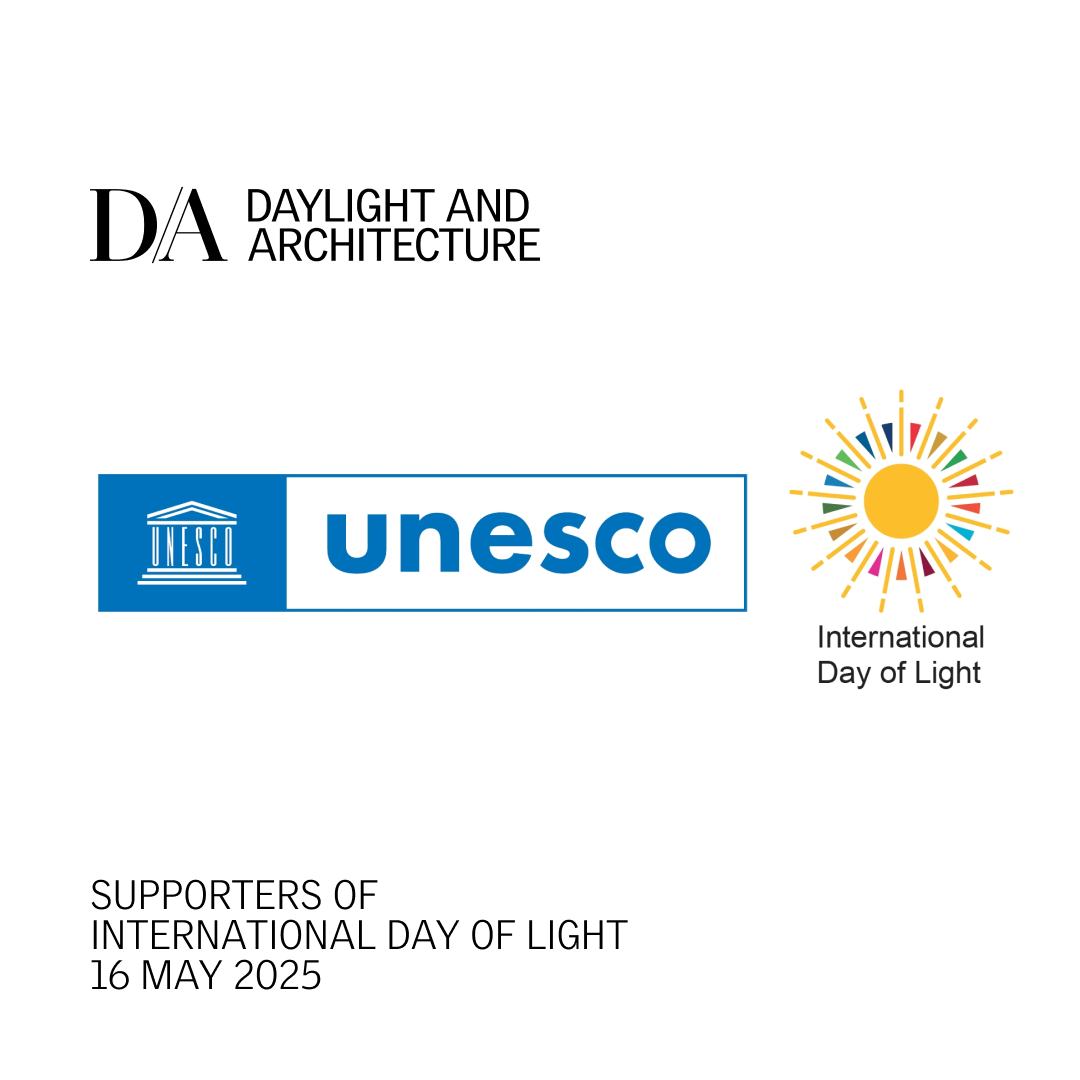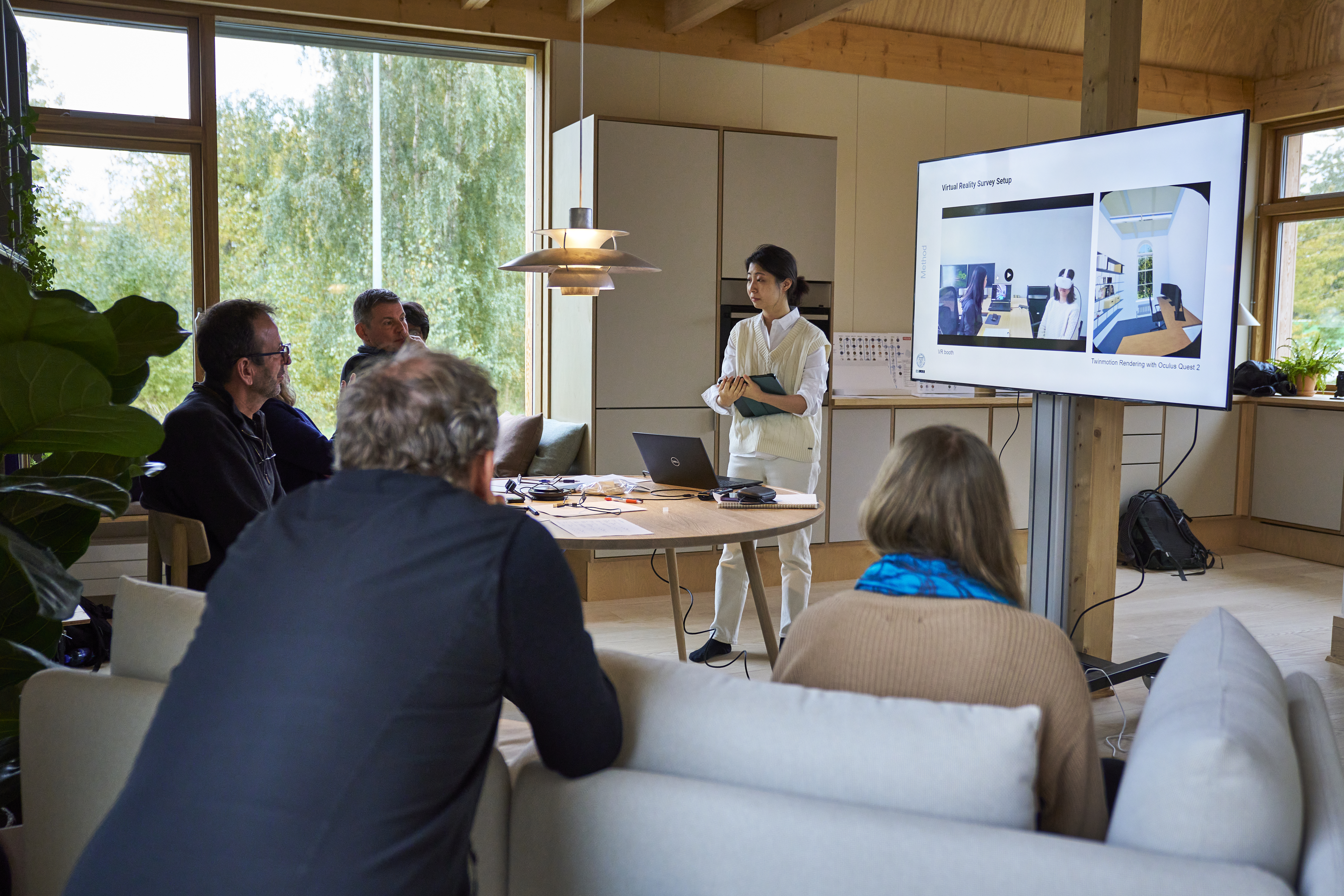Defying desertification
- Meet the Winners from the Americas Daylight Investigations
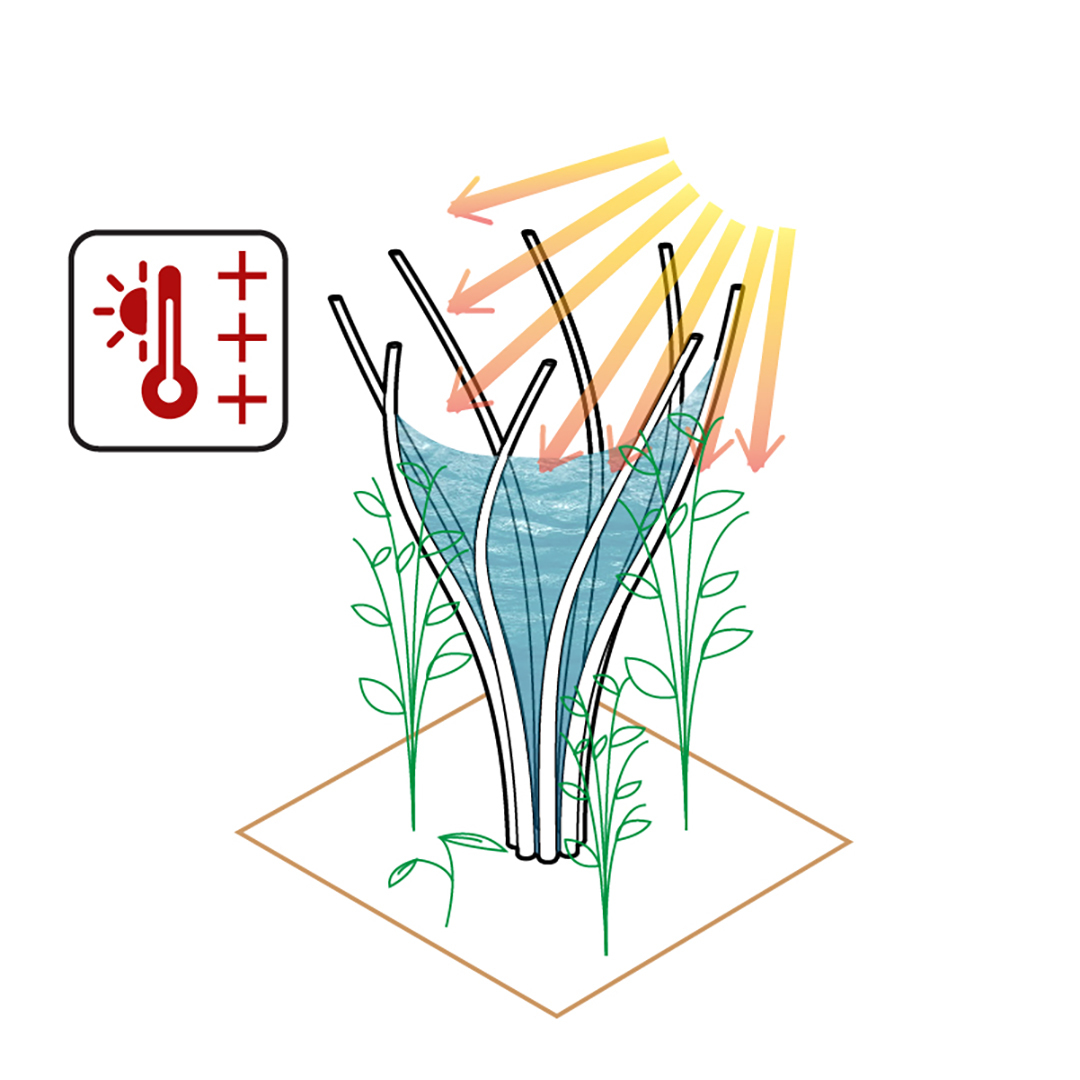
Regional winners: The winning team together with their teacher (from left: Stephen Baik, John Nguyen, Mauricio Quirós Pacheco and Abubaker Bajaman.
“It is a great honour for us to get the opportunity to present the idea that we have worked on for so long,” says John Nguyen, one of three students from the University of Toronto who will be representing the Americas in the Daylight Investigations category at the World Architecture Festival in Amsterdam this November.
“We expect to present the jury with a thorough investigation that highlights the clear benefits in scientific terms and the challenges that come in implementing such new technologies, and new discoveries we may make in our investigation process in the coming weeks.”
Together with classmates Stephen Baik and Abubaker Bajaman, John is behind the project “Daylight to Water”, which aims to revitalise dry climate regions and turning them into farmable lands.
Finding solutions to world problems
Using carbon-rich nanorods which are bundled tightly together into cluster cells, the project explores the possibility of using daylight to capture moisture in the air in humid environments and transform it into usable water.
“We think daylight is arguably one of the most powerful tools an architect has at their disposal,” says John.
“We have been exploring how daylight has been used meaningfully around the world and looked at the problems the world is having now and in the future that we wanted to help contribute a solution to.”
By capturing and restoring humidity to dry areas, the proposal could be an effort to counter the desertification effect that is happening on a global scale, in which dry areas are becoming increasingly arid, and to make more areas suitable for food production.
Real world challenges
“In our time spent travelling over the years, all three of us have visited regions around the world where shortage of food and water was a major issue that really impacted people’s lives for generations and we always wanted to help in a meaningful way,” says Stephen.
“So, it was always in the back of our minds as university students and just always talking about it throughout the years we have known each other. The idea slowly developed through reading research articles and speaking with other academics around the world who shared our passion.”
“I think the most important aspect we were thinking about while developing the idea, were the real-world benefits of how we could take small steps to improve the rising problems we face today,” agrees Abubaker.
The real-world possibilities of the project were also what intrigued the jury. They described it as a very intelligent project that shows great motivation and technical insight.
“This is a good direction for the world to take, for its climate and for feeding the increasing population, “says jury member Carme Pigém Barceló.
Working across borders
“There is a very close relationship between daylight and architecture,” says John.
“We thought the International VELUX Award is a great opportunity to express the relationship with our own ideas that are typically not explored in depth enough at architecture schools, due to time constraints. That is why we chose to participate in the International VELUX Award 2018,“ he says and adds that participating in the award is something they have considered since they met in 2016.
The trio’s project suggests using daylight to revitalise arid regions and seeks to redefine what we think of as farmable land.
However, getting together to work on the project was not without its challenges.
“It was a difficult process for us at the final weeks before submission,” says John.
“Stephen was traveling in the USA, I was in the east coast of Canada, Abu in the west and our professor in Costa Rica. So, in a way, we were all around the Americas but still managed to come together to share our collective ideas to provide a cohesive solution to the problem of desertification around the world.”
Presenting on a global stage
In just under a month, the Canadian team will be meeting the eight other winning teams at the World Architecture Festival in Amsterdam to compete for the main prize.
“We are definitely nervous presenting the project for the jury, but really excited for the opportunity to represent our university and country at a global stage,” admits Abubaker.
“We are excited and nervous to meet all the other great students from the winning regions around the world, as everyone submitted excellent projects, and we are very happy to be selected to be a part of the International VELUX Award 2018.”
See find out more about “Daylight to Water” and see all other winning projects here.
